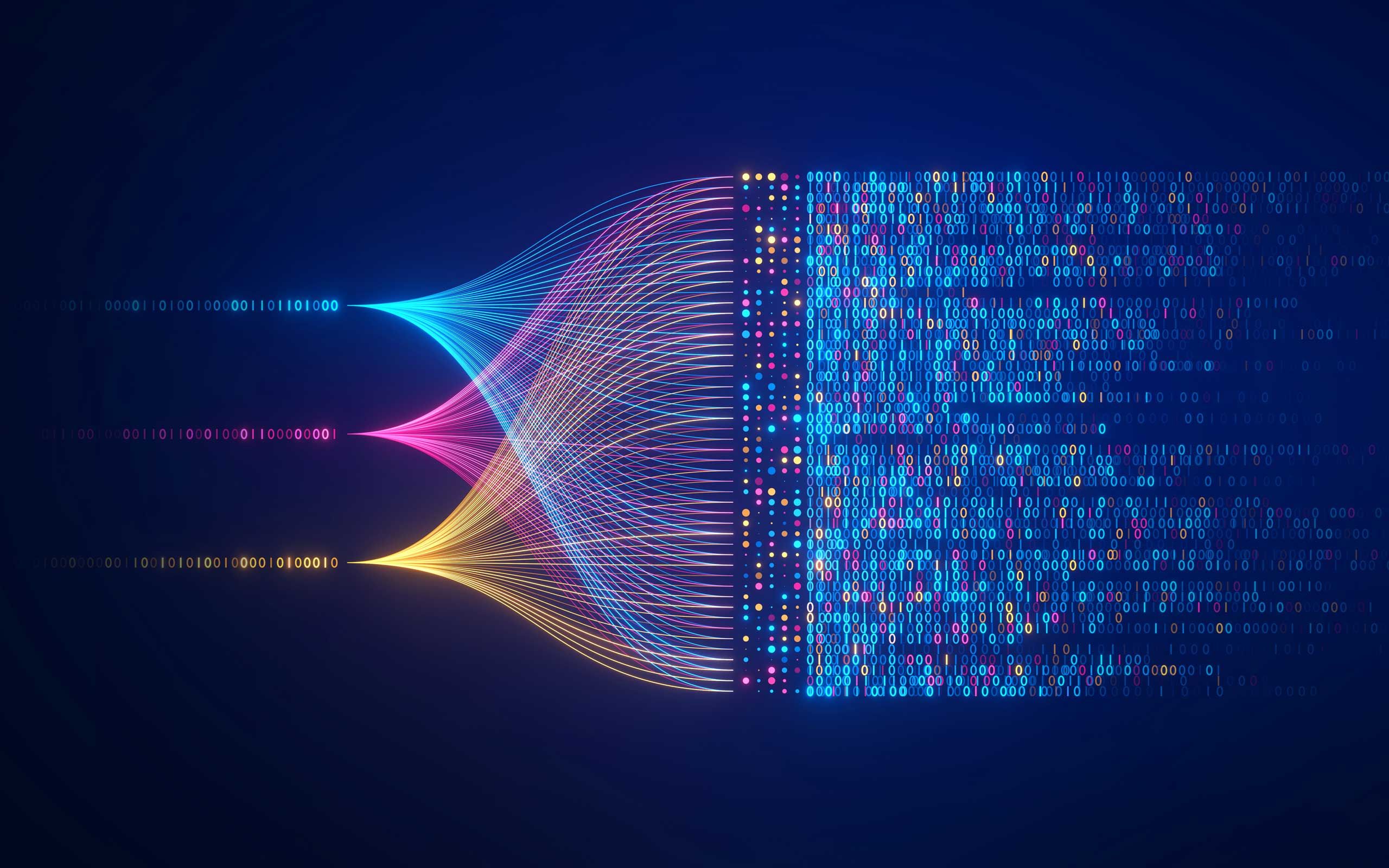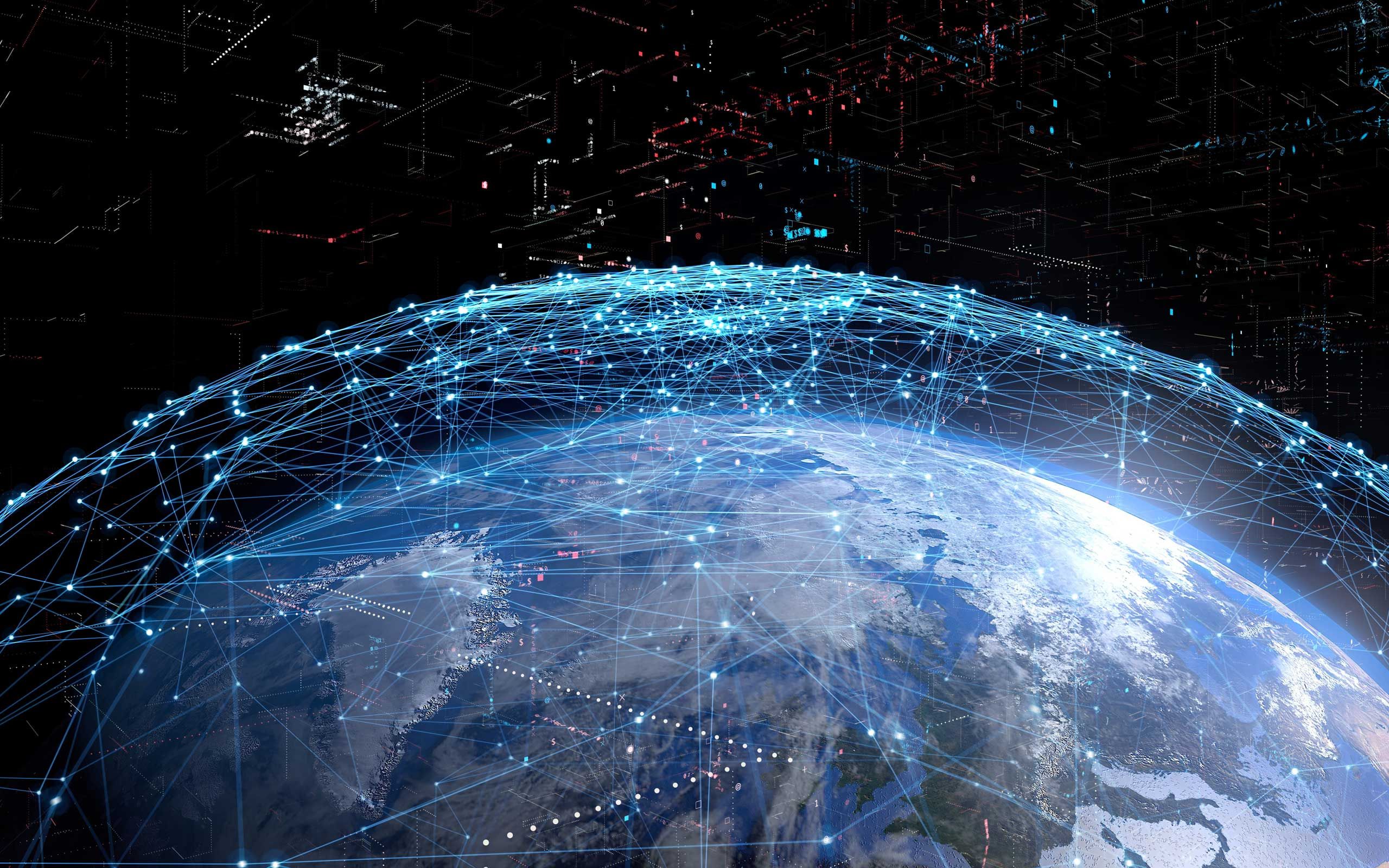From Reactive to Proactive: ISO 27001 in Cyber Defense
Here’s one thing all businesses can agree on - the threat of cyberattacks looms larger than ever before. Organizations of all sizes and across industries face a continuous barrage of sophisticated and persistent threats, ranging from data breaches to ransomware attacks. Traditional reactive approaches to cybersecurity are no longer sufficient to protect sensitive information and maintain business continuity. As the old adage goes, "An ounce of prevention is worth a pound of cure."
This principle holds particularly true in the realm of cybersecurity, where being proactive is the key to staying one step ahead of potential threats. Say hello to ISO 27001, a comprehensive framework that empowers organizations to shift from reactive to proactive cyber defense.
The Imperative for Proactive Cyber Defense
Reactive cybersecurity measures are akin to putting out fires – they focus on addressing threats and breaches after they have already occurred. While these measures are necessary for incident response and recovery, they often fall short in preventing breaches or mitigating their impact. In today's dynamic threat landscape, organizations need a new approach – one that emphasizes prevention, threat intelligence, and a proactive mindset.
Proactive cyber defense involves identifying vulnerabilities and potential risks before they can be exploited by cybercriminals. It's about staying ahead of the curve, anticipating threats, and implementing controls that minimize the attack surface. By taking a proactive stance, organizations can significantly reduce the likelihood of successful cyberattacks, protect sensitive data, and safeguard their reputation.
ISO 27001: The Proactive Paradigm
ISO 27001, developed by the International Organization for Standardization (ISO) and the International Electrotechnical Commission (IEC), provides a comprehensive framework for establishing, implementing, maintaining, and continuously improving an Information Security Management System (ISMS). At its core, ISO 27001 is a proactive paradigm that empowers organizations to take a systematic and structured approach to cybersecurity.
Key Elements of ISO 27001's Proactive Approach:
- Risk Assessment and Management: ISO 27001 places a strong emphasis on risk assessment and management. Organizations are required to conduct thorough risk assessments to identify vulnerabilities and potential threats. This proactive analysis forms the foundation for selecting and implementing appropriate controls to mitigate identified risks.
- Controls Tailored to Risks: The standard offers a diverse set of controls within Annex A of ISO 27002 that organizations can customize to their specific risk landscape. By selecting and implementing controls that address their unique vulnerabilities, organizations strengthen their defenses and enhance their proactive cyber posture.
- Threat Intelligence Integration: Proactive cyber defense requires staying informed about emerging threats and attack vectors. ISO 27001 encourages organizations to incorporate threat intelligence into their risk assessment and management processes, enabling them to adapt their defenses in real time.
- Incident Response Planning: While prevention is the goal, organizations must also be prepared to respond effectively to security incidents. ISO 27001 guides organizations in developing much-needed incident response plans (for CSPs - such as AWS, Microsoft Azure, GCP, and other environments), ensuring a swift and coordinated reaction in the face of a breach.
- Continuous Improvement: ISO 27001's focus on continuous improvement aligns perfectly with proactive cyber defense. Regular reviews and updates to the ISMS ensure that organizations remain agile and capable of adapting to new threats.
Practical Application: Strengthening Financial Sector Resilience
As an example of ISO 27001 at work, consider a financial institution operating in a highly regulated environment. Recognizing the critical importance of proactive cyber defense, the institution embarks on the ISO 27001 journey.
Through meticulous risk assessments, the institution identifies vulnerabilities in its online banking systems and potential exposure to data breaches. Implementing ISO 27001's controls, including multi-factor authentication, encryption, and real-time threat monitoring, fortifies the institution's cyber defenses.
Months later, a sophisticated cyberattack targeting customer financial data is detected. Thanks to its ISO 27001-aligned defenses, the institution's cybersecurity team springs into action, neutralizing the threat before any significant damage occurs. The incident underscores the practical impact of ISO 27001 in proactive cyber defense – a swift and coordinated response that protects sensitive information and maintains customer trust.
Empowering Proactive Cyber Defense Through ISO 27001 Certification
ISO 27001 certification transforms cybersecurity from a reactive necessity into a proactive advantage:
- Threat Anticipation: By conducting thorough risk assessments and integrating threat intelligence, ISO 27001 empowers organizations to anticipate potential threats and vulnerabilities. This proactive stance enables timely adjustments to security measures, reducing the likelihood of successful attacks.
- Reduced Attack Surface: Tailoring controls to address specific risks minimizes the attack surface and weakens potential entry points for cybercriminals. This proactive approach makes it significantly more challenging for attackers to exploit vulnerabilities.
- Incident Resilience: While prevention is the goal, ISO 27001's emphasis on incident response planning ensures that organizations are well-prepared to respond swiftly and effectively to security breaches. A well-executed response minimizes damage and demonstrates proactive readiness.
- Adaptability to Emerging Threats: The dynamic threat landscape requires constant vigilance and adaptation. ISO 27001's commitment to continuous improvement ensures that organizations remain agile and capable of adjusting their defenses to address emerging threats.
- Stakeholder Trust: Achieving ISO 27001 certification communicates a commitment to proactive cybersecurity practices to clients, partners, and stakeholders. This builds trust and enhances an organization's reputation as a reliable custodian of sensitive information.
Leading the Charge in Proactive Cyber Defense
In a world where cyber threats evolve at an unprecedented pace, the shift from reactive to proactive cyber defense is no longer a luxury; it's a necessity. ISO 27001 emerges as a beacon of proactive cybersecurity, guiding organizations to establish a robust ISMS, anticipate potential threats, tailor controls to vulnerabilities, and prepare for effective incident response.
By embracing ISO 27001's principles, organizations transcend the role of passive defenders and become active guardians of their digital assets. They lead the charge in proactive cyber defense, leveraging risk assessment, controls customization, and continuous improvement to create a resilient security posture.
In an environment where cybersecurity is a continuous battle, ISO 27001 empowers organizations to stay ahead of the curve, anticipate threats, and safeguard their digital infrastructure. It is the bridge from a reactive stance to a proactive advantage, ensuring that organizations not only defend against cyber threats but also emerge as leaders in the ever-evolving landscape of digital security.
Begin your ISO/IEC 27001 journey today with our industry leading ISMS 27001 Scoping & Gap Assessment Workbook. Our comprehensive, in-depth ISMS 27001 Scoping & Gap Assessment Workbook will help organizations clearly define the scope of their Information Security Management System (ISMS) as required by ISO/IEC 27001.
Also, we offer industry leading security documentation for helping organizations develop all required Information Security Management System (ISMS) policies, procedures, programs, and plans in accordance with ISO/IEC 27001 & 27002.
Additional documentation offered includes a wide range of ISO specific InfoSec, cybersecurity and data privacy documents, along with an industry leading Risk Assessment Program, Statement of Applicability Workbook, Internal Audit Program, Continuous Monitoring Program, and so much more.
WORLD CLASS ISMS SECURITY DOCUMENTS
More Posts
Talk to MorganHill today and Get the Answers You Need
Scope: We'll help you define important scoping parameters.
Documentation: We'll help you develop all required policies and procedures.
Guidance: We'll guide you through the ISO/IEC process from start to finish.
One Price: Our fees for all services are fixed.
Wherever you are in North America, Europe, Africa, or Asia, MorganHill is ready to assist.
Expertise: Since 2006, we have been an industry leader for ISO/IEC.
Knowledge: We've worked with every ISO/IEC standard currently in print.
Industry: We've worked in every major industry/sector.

Health Technology Case Study
Four months after completing all necessary pre-certification work, the organization obtained ISO/IEC 27001 certification from an accredited ISO ANAB body that we recommend to them.

Cybersecurity Case Study
Obtained ISO 27001 certification from an accredited ISO ANAB body that I recommend to them.

Manufacturing Case Study
Four months after completing all necessary pre-certification work, the organization obtained ISO 27001 certification from an accredited ISO ANAB body that we recommend to them.

Healthcare Case Study
Three months after completing all necessary pre-certification work, the organization obtained ISO/IEC 27001 certification from an accredited ISO ANAB body that we recommend to them.





